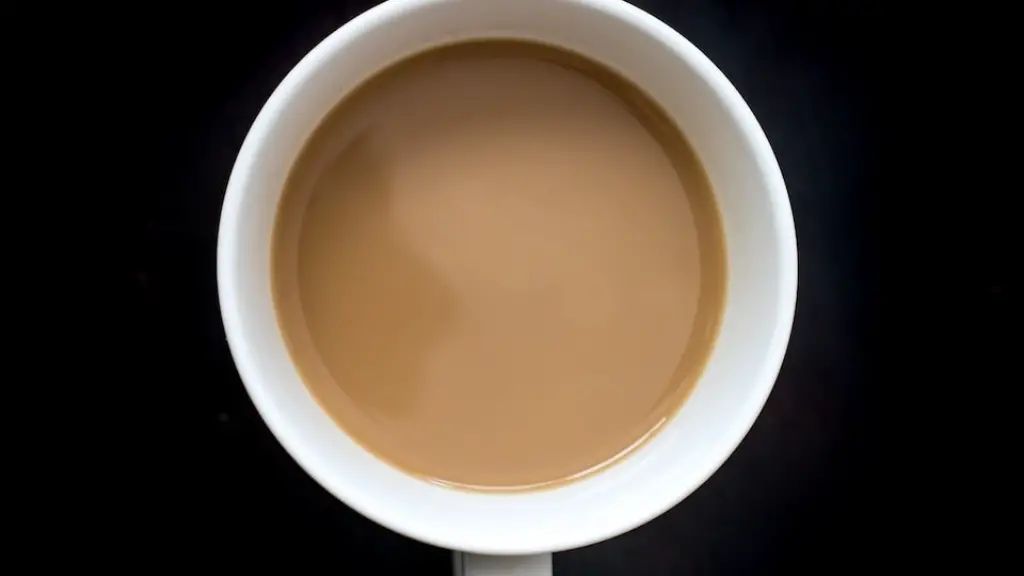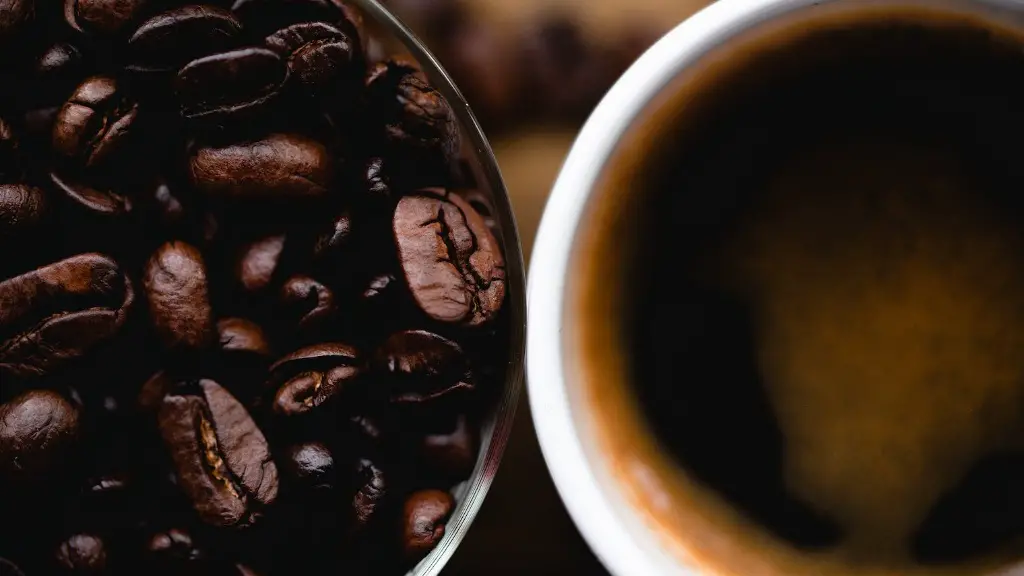Medical Advice
It is generally recommended to wait before drinking anything, hot or cold, after having a tooth filling. This is because the tooth is still somewhat delicate immediately following the dental appointment, as the filling material needs to solidify, and because it is necessary to avoid irritating the area while it is healing. Water can be consumed without issue, but it is best to avoid any liquids that are too hot or too cold, including coffee, until the tooth has had a chance to heal and settle.
Because coffee tends to be on the hot side, it is not usually advisable to drink immediately following a dental procedure. Many dentists recommend waiting for at least 24 hours for any drinks or food that may be too hot. The temperature should be monitored so that it is not too hot to consume, since a beverage that is too hot can cause pain and discomfort in the treated tooth.Sipping slowly can also help cool down the coffee or any hot beverages.
It is important to consider that coffee can also cause damage to the treated tooth in other ways, such as staining and discoloring the dental filling. Thus, it would be wise to avoid coffee or any staining liquids to protect the aesthetics of the filling. Apart from coffee, it would be prudent to minimise any consumption of acidic drinks, such as fizzy sodas, as they can lead to decay and weaken the filling.
It is also important to take into account that everyone is unique and might have different post-procedure care protocols. It is best to consult a dentist to determine what would work best for the individual. Following sound advice from the dentist is usually the surest way of achieving optimal results following treatment, and thereby achieving and preserving excellent oral health.
Dietary Considerations
It would also be prudent to keep in mind the inclusion of other dietary elements that are good for the teeth following a filling. Such items include dairy products, such as cheese and yoghurt, which help raise the pH of the mouth and reduce the possibility of damage to the tooth and the filling. Eating apples or carrots may also be helpful for removing food particles that could stick between the teeth. Additionally, chewing sugarless gum can help stimulate saliva production, which helps protect the enamel of the treated teeth.
Fruits such as strawberries can also be used to whiten the teeth, while foods high in vitamin C, such as oranges and kiwis, can help reduce inflammation in the gums.Rinsing with warm salt water can help reduce pain and inflammation of the gums.
Since coffee can also stain teeth, it is recommended that if a person decides to drink coffee following a tooth filling, they should brush their teeth at least twice a day to reduce discoloration of the teeth and dental fillings.
Conclusion
In conclusion, it is generally advised to wait for 24 hours after a tooth filling before drinking coffee, or any other hot or cold drinks. Apart from that, it is also good to add other dietary items, such as dairy products, fruits and sugarless gum, for optimal results and oral health.
Dental Filling Materials
Dental fillings are used to restore the integrity, shape, appearance and functionality of the teeth if they have been damaged. Depending on the type and severity of the damage, the filling material used by a dental practitioner could range from silver alloys, gold, porcelain, or composite resin. Generally, composite fillings are more commonly used these days, as they provide a durable solution and are less noticeable.
Regardless of what material is used, the dentist would typically carve out the cavity, clean out any debris, and then fill it with the chosen material. The appointment would usually take between 30 to 40 minutes, during which the tooth is prepared and the filling is placed into the cavity, before it is shaped and polished.
Pros and Cons
As with many other forms of dental treatment, it can be helpful to understand the various pros and cons associated with dental fillings. On the positive side, the whole procedure is typically quick and the filling can help restore the look and strength of the tooth. On the flip side, even if the tooth filling is done correctly, there is a chance it could still cause discomfort, especially while consuming hot beverages, such as coffee.
It could also be useful to understand some of the other risks associated with dental fillings, such as tooth decay, cracks, and damage to the filling material from chewing. It is normally advised to avoid chewing on tough items, such as toffee, to reduce the risk of cracking or damaging the filling. Additionally, it is also recommended to brush and floss regularly to not only keep the filling in good condition, but also to reduce the risk of decay or cavities.
Aftercare Procedures
After a dental filling, it is advisable to practice good oral hygiene to promote healing and to prevent further damage. Such practices may include brushin twice a day and flossing regularly. Itmay also be beneficial to use a fluoride mouthwash to rinse out any food particles that could have become trapped, as well as to reduce the risk of developing cavities. Moreover, it is important to visit a dentist regularly so they can monitor the fillings and check for any other signs of damage or decay that may be occurring.
It may also be a good idea to incorporate other healthy habits that can help maintain oral health and reduce the risk of developing further damage. Such practices may include avoiding carbonated drinks or other sugary or acidic beverages, or reducing one’s consumption of snacks in between meals. Eating healthily, avoiding smoking and taking care to reduce any physical stress that could be placed on filled teeth can also help to improve oral health.



